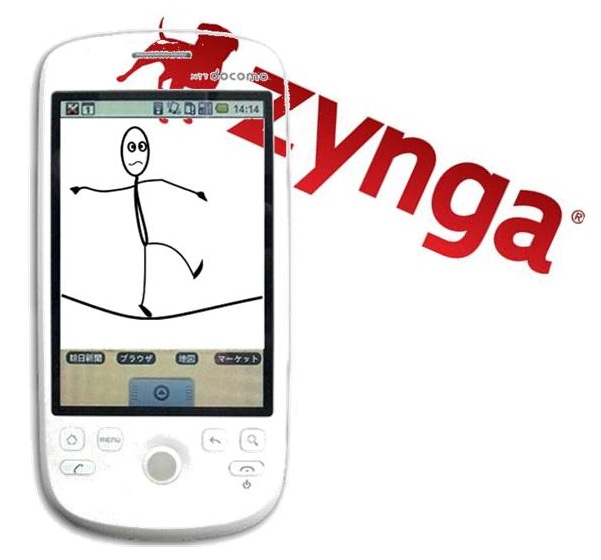 Zynga has some trouble getting traction in mobile games
Zynga has some trouble getting traction in mobile games
Zynga had once been a formidable force in the social games sector. The company is responsible for some of the most popular social games in the history of gaming, with much of its success coming from a close-knit relationship with Facebook. Over the past two years, however, Zynga has experienced a proverbial fall from grace among consumers, largely due to allegations regarding copying certain features of other very popular games. Zynga has since been struggling to restructure itself in order to reclaim its throne, adopting a strong focus on mobile games.
Mobile may be the future, but it is not without challenges
Zynga believes that mobile games, especially those designed for tablet devices, could help it reassert its dominance in the game industry. Mobile games have certainly been very successful for a variety of other development studios and continue to be well loved by consumers, but Zynga has had trouble finding the traction it needs to be successful. Last year, Zynga purchased mobile games startup OMGPOP, which is responsible for the highly popular “Draw Something” game. Since the acquisition, however, Zynga has seen lackluster performance in the market.
Dan Porter bows out of Zynga
This week, Zynga has announced that Dan Porter, former CEO of OMGPOP and the head of Zynga, has left the company. Porter is well known as a colorful and outspoken individual in the game industry, two traits that have made his integration into Zynga somewhat difficult. Last month, Porter was quoted as claiming that Zynga deliberately copies the games produced by its competitors, a comment that he later apologized for. Porter’s tenure with Zynga is marked with turbulence, mostly represented by the poor performance of the company’s mobile games.
Sean Kelly to take the helm
Porter did help draw attention to Zynga’s new focus on mobile games, helping generate hype behind the shift away from social gaming. The former executive will be replaced by Sean Kelly, who was formerlly the head of one of Zynga’s most popular games “CityVille.” Kelly is expected to keep Zynga focused on the development of mobile games while also helping the company recover from some of the damage that has been done to its stocks over the past year.

 Youth begin to flee from Facebook
Youth begin to flee from Facebook